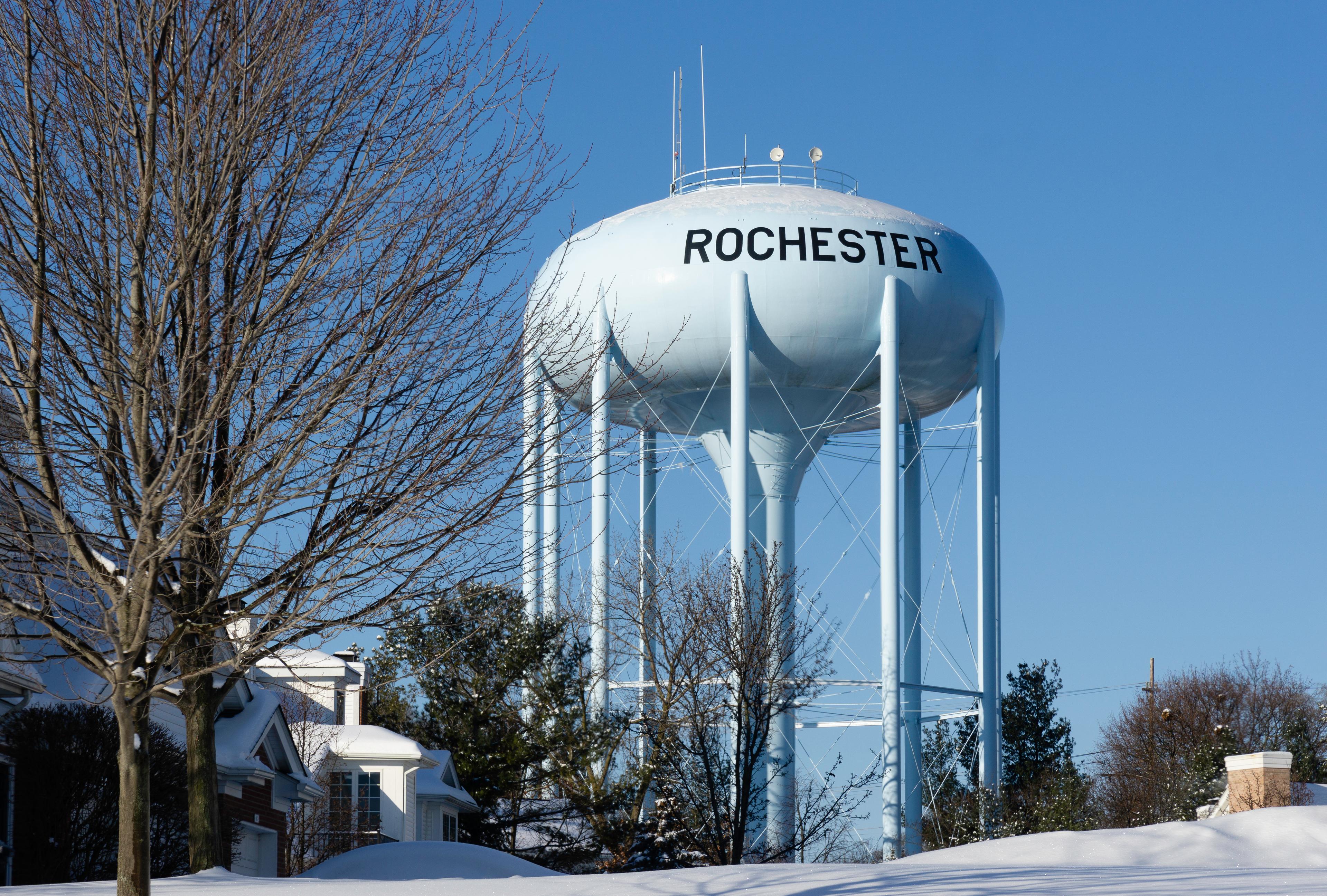5 Age-Bias Phrases to Stop Using
Shandra Martinez
| 3 min read

Sometimes things slip into our conversations before we take time to consider if they are appropriate. They might be descriptions or phrases we grew up using, but in today’s evolved world they can be seen as a put-down against older people or those of a certain generation. They are words that can carry impolite meanings, or make someone feel less-than – even if it’s not what we meant to convey. One of the first steps to reducing ageism is to understand how it is wrapped in our language. We’ll share with you some common age-bias phrases we should all stop using.
What is ageism?
At its most basic level, ageism is when people casually stereotype or sometimes even deliberately discriminate against a person or group of people because of their age. It can creep into everyday discussions without meaning to cause harm, such as referring to a group of gray-haired ladies at a table as “grannies” as if you were assuming their age. It can also be a purposeful exclusion, as when older people are kept out of a decision-making process because someone wrongly assumes that they would not be interested in a particular issue.
You don’t have to be approaching Social Security check status to be impacted by ageism. In fact, the oldest tier of the Millennial generation is already in the target zone, according to the AARP. Age 40 is the milestone when the federal Age Discrimination in Employment Act kicks in to protect workers from instances of age bias on the job. According to a records survey from the Equal Employment Opportunity Commission, people ages 40 to 54 account for more than 35% of all age-discrimination complaints handled by the federal agency.
This means it’s increasingly important to be aware of age-bias words and phrases and make sure you are not using them at work, or in casual conversation. Some common phrases to avoid include:
“OK, Boomer.” A dig at the baby boomer generation, this phrase has been turned into an oft-repeated punchline and countless memes on social media. At its root, it is meant to make fun of older people, implying they are too old to understand or adapt.
Addressing an older person as “young lady” or “young man.” When people are clearly not younger than 30, using this kind of language to try to be cute can backfire. It implies that being younger is better and everyone would love to be addressed as if they were young.
Calling a woman a “girl” or a grownup a “kid.” The same holds true for this ageist slang. Using these words means you are pretending someone is child-like and it’s not respectful of their age or experience.
“Wow, you don’t look (insert age here).” Sometimes phrases like this are blurted out when someone shares their age, or celebrates a birthday. While the person who says it almost always means it as a compliment, it reinforces an underlying message that younger is better. Instead, the compliment-giver might want to say that the person’s age looks great on them.
“Digital native.” This catchphrase speaks to a generation born with an iPhone in their pocket, one that’s seen as comfortable using all the latest technology. In contrast, mentioning that someone older is not a digital native makes it sound as if they are inexperienced with technology or not capable of learning.
Related:
Photo credit: Getty Images





